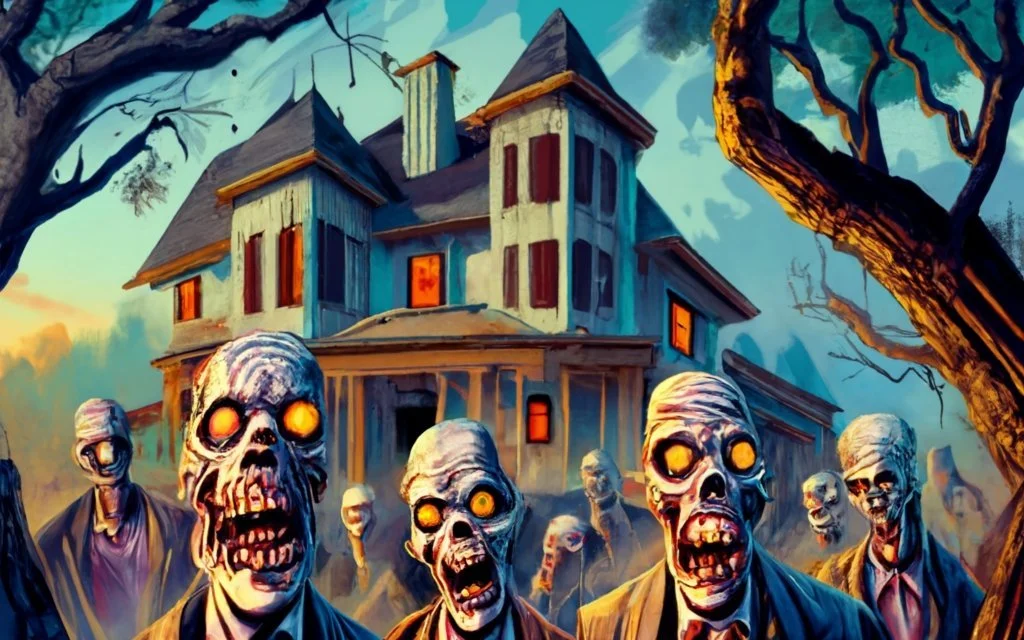What is a Zombie Foreclosure?
New Jersey, once burdened by a staggering rate of zombie foreclosures, stands today at a crossroads. While significant progress has been made in reducing these vacant remnants of the housing crisis, the issue persists, demanding continued vigilance and action.
A History of Struggle:
At the peak of the foreclosure crisis, New Jersey held the dubious title of having the highest rate of zombie foreclosures in the nation. The lengthy foreclosure process, high financial burdens on banks, and weak regulations concerning abandoned properties all contributed to this grim reality. These desolate structures, often left to decay and decay, became breeding grounds for crime, environmental hazards, and blighted landscapes, dragging down the economic and aesthetic vitality of affected communities.
Signs of Improvement:
Fortunately, recent years have witnessed a decline in zombie foreclosures across the state. Several factors have contributed to this positive trajectory:
Economic Recovery: A stronger economy translates to fewer mortgage defaults and fewer properties entering foreclosure.
Legal Reforms: New Jersey implemented legal changes to streamline the foreclosure process and hold banks accountable for abandoned properties.
Municipal Initiatives: Proactive efforts by municipalities included acquiring and rehabilitating abandoned properties, further reducing their impact.
The Current Landscape:
While the situation has undoubtedly improved, the specter of zombie foreclosures remains. Estimates suggest roughly 10,000 properties are still caught in the limbo of foreclosure, impacting communities across the stat
Despite the progress made, the fight against zombie foreclosures continues. Continued efforts are needed to:
Further Streamline Foreclosure Processes: Expediting the process can incentivize banks to act quickly and prevent properties from falling into disrepair.
Increase Funding for Rehabilitation Programs: Providing resources to municipalities and non-profit organizations can facilitate the acquisition and revitalization of abandoned properties.
Enhance Bank Accountability: Strengthening regulations and enforcing existing laws can ensure banks take proactive measures to address abandoned properties.
Promote Public Awareness: Educating the public about zombie foreclosures and available resources can encourage residents to report and address these issues in their neighborhoods.
A Collaborative Effort
Tackling the remaining zombie foreclosures requires a collaborative effort from government officials, banks, community organizations, and residents. By working together, we can transform these vacant reminders of a past crisis into thriving spaces that contribute positively to the communities they serve.
A Look Ahead:
While New Jersey has made significant strides in reducing zombie foreclosures, the fight is far from over. By remaining vigilant, committed to collaborative action, and utilizing reliable resources, we can create a future where New Jersey communities are free from the blight of abandoned properties and instead flourish with vibrant, revitalized spaces.
